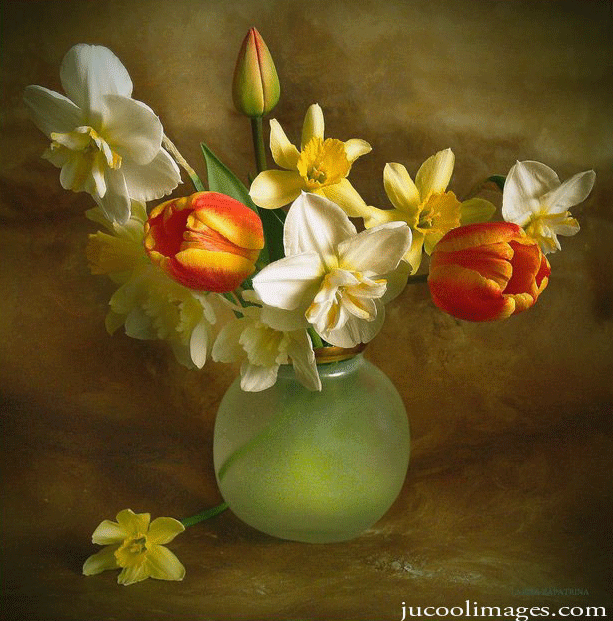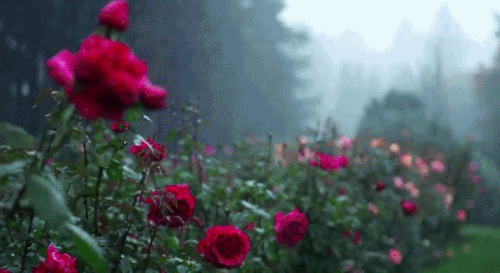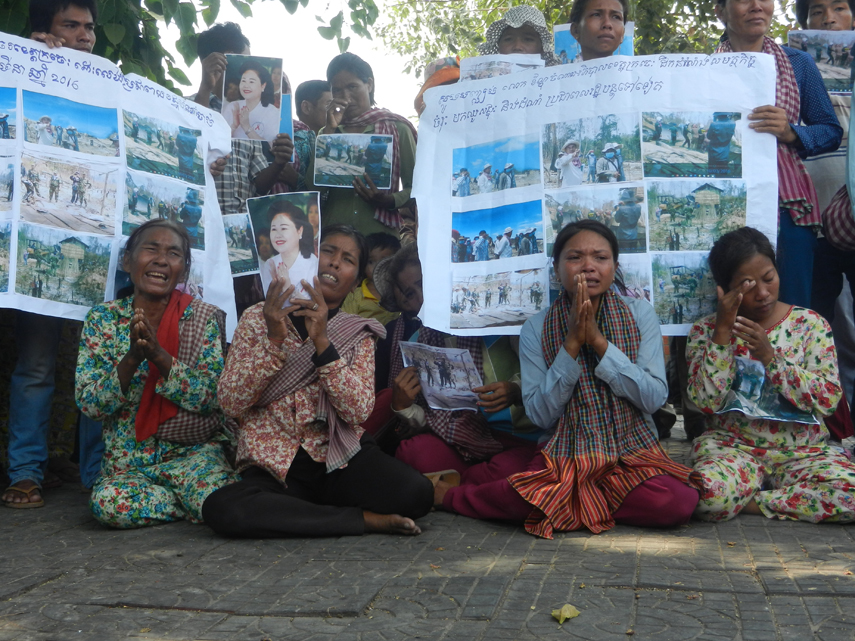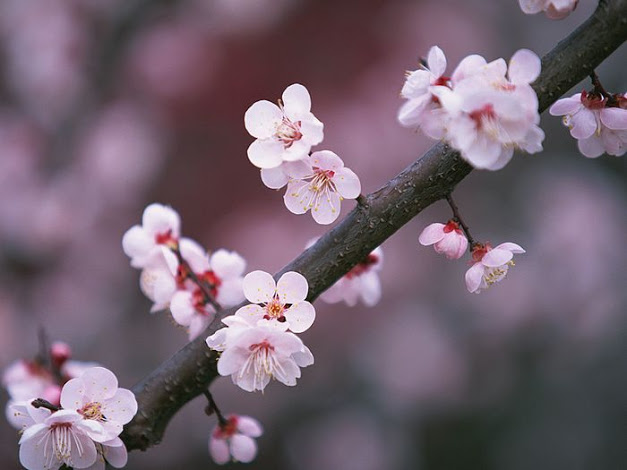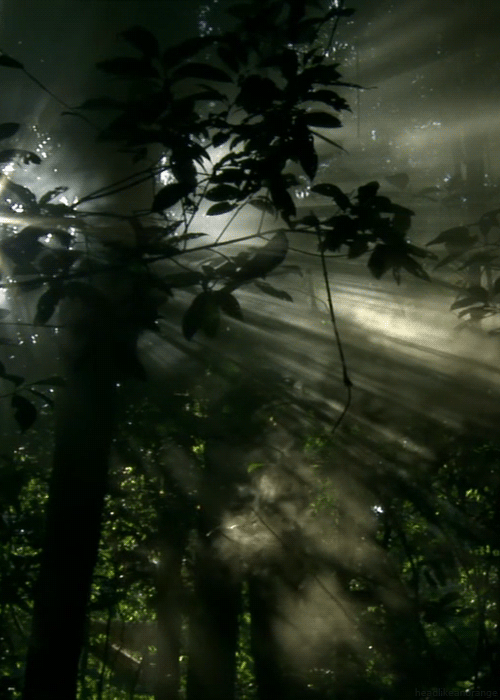Widening our mind
The moment you think only of yourself,
the focus of your whole mind narrows,
and because of this narrow focus
uncomfortable things can appear huge
and bring you fear and discomfort
and a sense of feeling overwhelmed by misery.
The moment you think of others
with a sense of caring, however,
your mind widens.
Within that wider angle,
your own problems appear
to be of no significance,
and this makes a big difference.
~14th Dalai Lama





